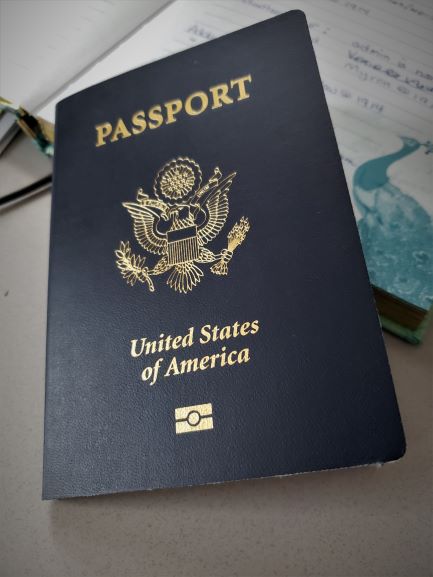Guest post by Jesse at jesse@soulful-travel.com
Dollar-Stretching Tips for Travelers

Photo via Pixabay by ThePixelman
Traveling has many benefits, but for those who don’t have much time or money, it can be difficult to get away. Fortunately, there are several ways you can travel to just about anywhere your heart desires without breaking the bank, and if you do a bit of research ahead of time, you’ll save yourself several hours of driving or walking by looking for the best destinations for your needs.
That research is important; while the idea of jetting off to a new city is romantic and fun, it’s not ideal for those looking for a way to save time and money. Do some homework to find not only the best deal on transportation, but the best deal on a place to stay and how to find one close to everything you need. For instance, if you grab a hotel room by the airport simply because it has the cheapest rate, you might find yourself having to spend extra money on a cab or Uber to get to restaurants and events, or you might have to walk long distances to get there, which will take up valuable time.
Travels and Escapes shares some great tips on how to avoid wasting hours and dollars on your next trip.
Plan ahead
Planning your trip a couple of months in advance will often ensure you get the best deal on accommodations and plane tickets. You can also plan your departure and arrival on days that aren’t typically peak travel times; Tuesdays are usually the best days to get a good price for air travel, according to BudgetTravel.
Do some homework
Make sure you know everything worth knowing about your transportation and accommodations before you book anything. Resorts sometimes have added, “hidden” fees that you won’t see until the end of your stay, which can be a nasty surprise to say the least. Understanding exactly what you’ll be responsible for will help you stay on budget and will give you peace of mind.
Think locally
Travel doesn’t have to be exclusively to faraway places; you can likely find all sorts of fun things to do in cities near you. Look online for the best cities to visit that are within an hour or two of your hometown and take a day or weekend trip. This is a great option for people who have full schedules and can’t afford to take a longer trip.
You don’t even have to leave town! Simply rent a vacation home in San Diego and stay near the city’s attractions that interest you. For example, if you want to enjoy San Diego’s thriving restaurant and music scene, you can find a home in the Gaslamp Quarter. If you’d prefer to spend time near the water, look for a home near one of San Diego’s beautiful beaches. Most vacation homes come with fully equipped kitchens, so you’ll be able to save substantially by cooking your own meals instead of eating out all the time.
Take public transit
Just about anywhere you visit will have some form of public transportation, so take advantage of it! It’s usually either free or very inexpensive, and if you’ll be doing a lot of sightseeing it’s the way to go if you want to save money (and shoe leather).
Remember that traveling on a budget means you’ll need to be careful about keeping your funds safe. Never flash your cash in public, and, if possible, wear a travel pack that straps to your body to keep your money and credit cards close. With a little planning, you’ll be able to take the trip you’ve always wanted to take and keep your cash where you want it: in your pocket.

